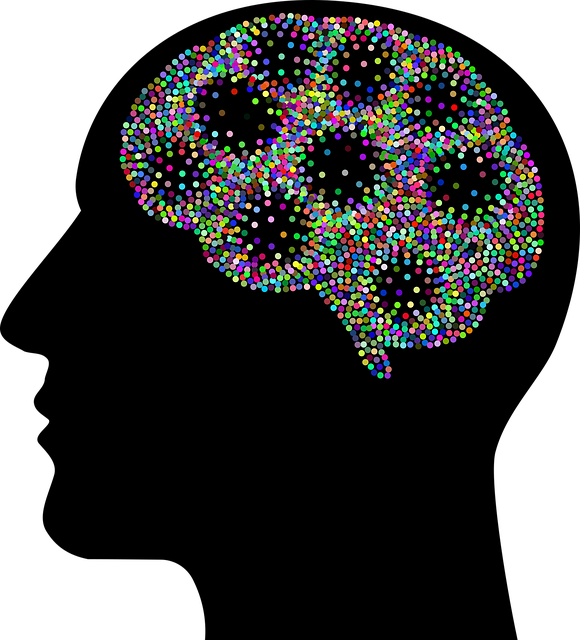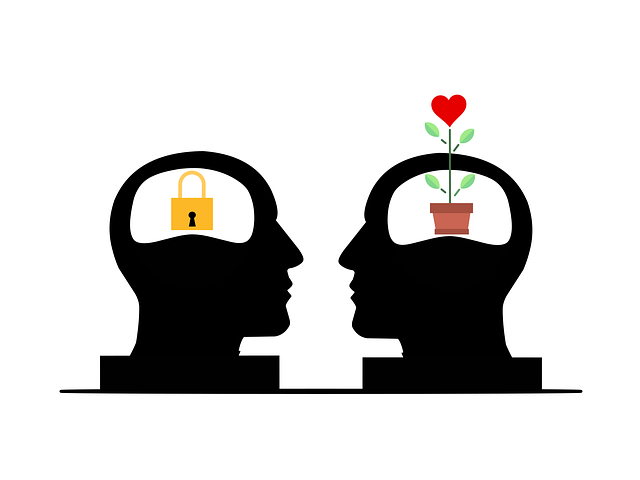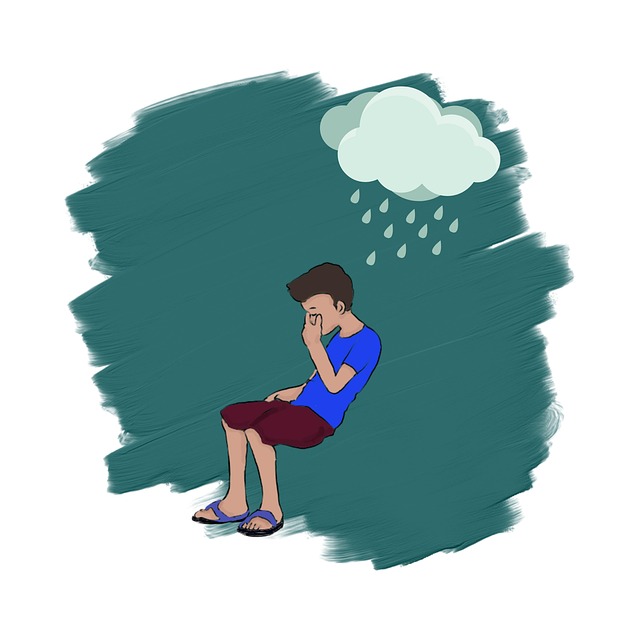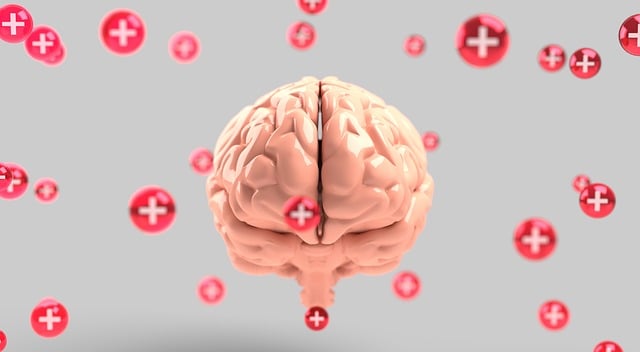Self-care is crucial for young children's holistic well-being amid growing mental health concerns. Professionals use therapy sessions and independent medical evaluations (IMEs) to identify individual needs, followed by education on emotional regulation and stress reduction. Therapy, like cognitive-behavioral therapy (CBT), teaches coping mechanisms and enhances self-regulation. IMEs assess physical and mental health, guiding tailored interventions. Integrating self-care practices with these strategies fosters resilience and long-term mental well-being in young minds.
Self-care practices are essential for optimal development, especially in young children. This comprehensive guide explores various aspects of enhancing self-care routines, focusing on why it matters and how to support young minds. We delve into the role of therapy in fostering independent skills and the significance of medical evaluations in assessing and promoting well-being. Additionally, practical tips are provided to help parents and caregivers create nurturing environments at home, ensuring children thrive through holistic self-care.
- Understanding Self-Care: Why It Matters for Young Children
- The Role of Therapy in Promoting Independent Self-Care Skills
- Medical Evaluations: Assessing and Supporting Childrens' Well-being
- Practical Tips to Enhance Self-Care Routines at Home
Understanding Self-Care: Why It Matters for Young Children

Self-care is a vital aspect of overall well-being, and its importance cannot be overstated, especially for young children. In today’s fast-paced world, where mental health issues among kids are on the rise, understanding and prioritizing self-care practices can be transformative. Young minds are susceptible to stress, anxiety, and various emotional challenges, making it crucial to equip them with healthy coping mechanisms early on.
Through therapy sessions and independent medical evaluations, professionals can identify children’s unique needs. Mental health education programs designed with a focus on emotional regulation and stress reduction methods can significantly contribute to their development. By teaching children healthy self-care habits, we empower them to navigate life’s challenges, fostering resilience and promoting long-term mental well-being.
The Role of Therapy in Promoting Independent Self-Care Skills

Therapy plays a pivotal role in equipping young children with independent self-care skills, fostering their growth and overall mental wellness. Through structured sessions, therapy provides a safe space for children to express their emotions, learn coping mechanisms, and develop problem-solving abilities. For instance, cognitive-behavioural therapy (CBT) teaches them to identify and challenge negative thought patterns, thereby enhancing their ability to self-regulate and manage stress effectively.
The process involves collaborative goal setting, where therapists guide children in understanding their unique needs and strengths. This personalized approach ensures that each session is culturally sensitive, addressing any specific challenges faced by diverse populations. The integration of Cultural Sensitivity in Mental Healthcare Practice is crucial, as it enables therapists to adapt their methods, making therapy inclusive and effective for all children. Moreover, regular independent medical evaluations can track progress, ensuring the therapeutic interventions are aligned with the child’s evolving needs, and ultimately empowering them to take charge of their mental health journey.
Medical Evaluations: Assessing and Supporting Childrens' Well-being

For children, regular medical evaluations are a cornerstone of their overall well-being. These assessments go beyond physical health, encompassing mental and emotional aspects crucial for healthy development. Independent Medical Evaluations (IMEs) play a pivotal role in identifying potential issues early on, especially when it comes to therapy for young children. Through IMEs, healthcare professionals can assess a child’s cognitive, behavioral, and social development, offering valuable insights into their mental health status.
By integrating these evaluations into self-care practices, parents and caregivers can foster a supportive environment. Recognizing the importance of positive thinking and stress management workshops organized by various organizations, individuals can empower children to navigate challenges effectively. IMEs serve as a comprehensive tool, guiding parents and educators in tailoring interventions to each child’s unique needs, ultimately enhancing their ability to thrive in all aspects of life.
Practical Tips to Enhance Self-Care Routines at Home

Self-care is an essential aspect of maintaining good mental health, especially for young children who are still developing emotional healing processes. Incorporating practical tips into your daily routine at home can significantly enhance overall well-being. One effective strategy is to set aside dedicated time each day for activities that promote relaxation and stress reduction. This could include engaging in creative pursuits like painting or writing, practicing mindfulness through meditation or deep breathing exercises, or even enjoying a warm bath with soothing scents.
Additionally, fostering positive thinking can be a powerful tool. Encouraging children to express their feelings and providing them with age-appropriate resources for emotional understanding can help build mental health awareness from an early age. Consider incorporating therapy techniques like cognitive behavioral therapy (CBT) or engaging in activities that foster independence through independent medical evaluations. These practices can contribute to healthier self-care habits, ensuring a brighter and more resilient future.
Self-care is a fundamental aspect of early childhood development, fostering independence and overall well-being. By combining therapy sessions with comprehensive medical evaluations, parents and caregivers can provide tailored support to each child’s unique needs. Implementing practical self-care routines at home, coupled with professional guidance, ensures children develop essential skills for life. This multi-faceted approach benefits young minds, empowering them to navigate their daily lives with confidence and self-reliance.














